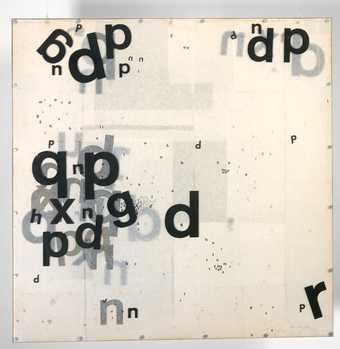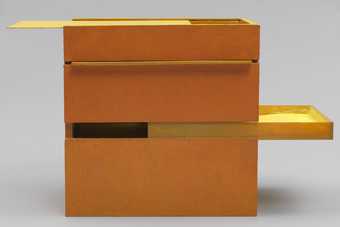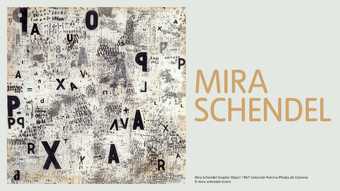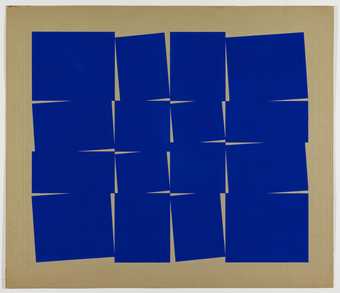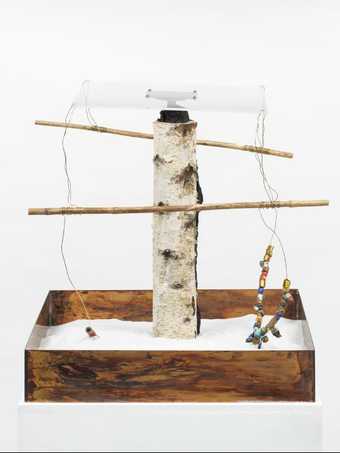Panel discussion chaired by Tanya Barson, curator of the Mira Schendel exhibition. Artist David Medalla and curator and critic Guy Brett talk about Signals London, the gallery for experimental art with which they were both closely involved, their work with Mira Schendel, and her solo exhibition at the gallery in 1966.
Mira Schendel (1919–1988) was one of Latin America’s most unique and prolific post-war artists. With her contemporaries Lygia Clark and Helio Oiticica, Schendel reinvented the language of European Modernism in Brazil. Tate Modern is currently staging the first ever international, full-scale survey of her work.
Signals London was an important gallery of international, experimental art which opened in 1964 and closed, prematurly, in 1966. The gallery specialised in artists whose work was interdisciplinary and it aimed to connect art and poetics with new thinking in science and technology. Mira Schendel's work was first exhibited in London at the gallery in a group exhibition in 1965 and again in a solo exhibition in1966, however this was the current show when the gallery closed and so was only dispalyed for two weeks. The edition of SIGNALS newsbulletin devoted to Schendel's work that was planned to accompany her show never appeared.
David Medalla
was born 1942 in Manila in the Philipines. He lives and works between London, New York and Paris. He co-founded Signals London in 1964 and edited the SIGNALS newsbulletin until 1966.
Medalla has worked as an artist for almost forty years, making works which have included sculpture, kinetic art, painting, installation and performance. Medalla founded the Exploding Galaxy, an artists collective, in 1967 and from 1974–7 was chairman of Artists for Democracy, dedicated to supporting liberation movements worldwide. He has lectured at the Slade School of Art, Goldsmiths College of Art and University College London.
Guy Brett
is a London based art critic, curator and lecturer on art. He has published widely in the international art press including his book Carnival of Perception (IniVA, 2004) which discusses the work of a number of Latin American artists.
Brett has been significant in bringing Latin American Kinetic artists to the attention of a wider audience, curating influential exhibitions throughout the 1960s including In Motion, an international exhibition of Kinetic Art for the Arts Council of Great Britain and Force fields: Phases of the Kinetic at the Hayward Gallery in 2000. He is a visiting Professor at the University of the Arts, London.

